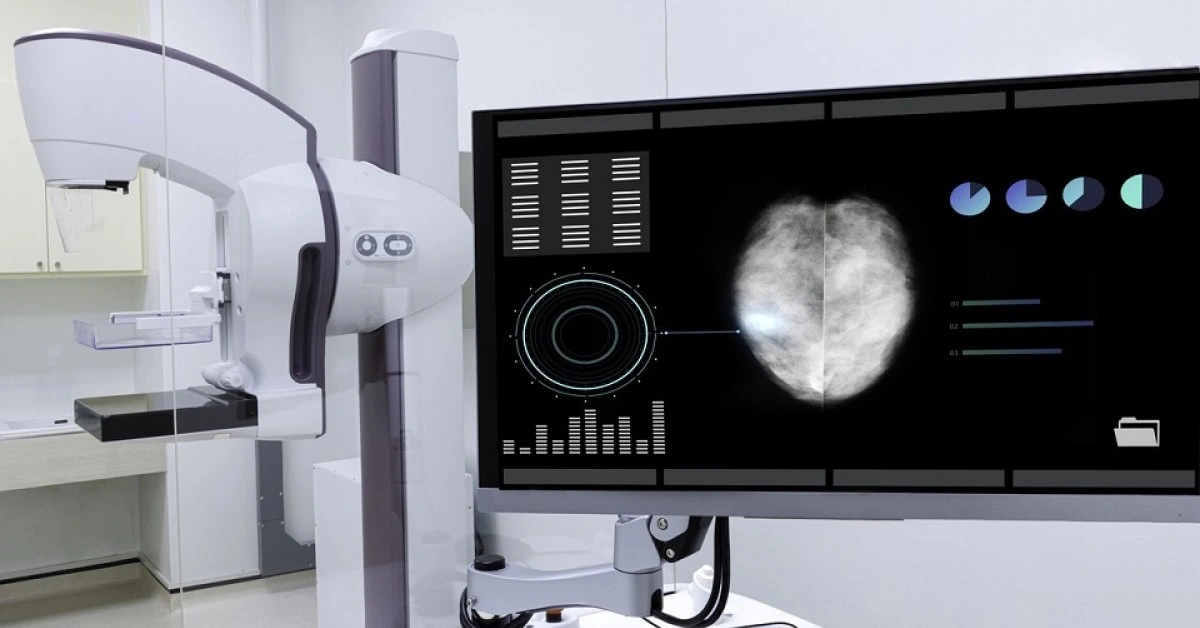
U.K. – The National Health Service (NHS) has unveiled a groundbreaking trial to test artificial intelligence (AI) tools in breast cancer screening, aiming to detect the disease earlier and save lives.
Nearly 700,000 women will be invited to participate in this trial, called the EDITH (Early Detection using Information Technology in Health) study, which was announced by the Department of Health and Social Care (DHSC) on World Cancer Day.
The project is backed by £11 million in funding from the National Institute for Health and Care Research (NIHR).
The trial will explore how AI can enhance breast cancer screening by assisting radiologists in interpreting mammograms and identifying early signs of cancer.
Women attending routine screenings from April will be invited to participate at 30 testing sites across the UK.
Currently, two radiologists review each mammogram, but researchers hope AI could reduce this to one, saving time and potentially delivering quicker results to patients while also addressing lengthy waiting lists.
Each year, more than two million mammograms are conducted through the NHS breast cancer screening program, offered every three years to women aged 50 and above.
With the NHS facing a staffing shortage of around 30% fewer radiologists than needed, the Royal College of Radiologists (RCR) supports the use of AI as a potential solution.
The RCR recently revealed that many scans breach NHS targets, taking longer than a month to be reviewed.
RCR President Dr. Katharine Halliday emphasized the importance of testing and validating AI technologies to ensure they are safe and effective.
She highlighted that the rollout of AI must be overseen by experts to avoid risks to patients and to prevent wasting NHS resources.
Dr. Halliday also stressed the urgent need to address the current staffing crisis, saying, “Building radiology capacity is critical while we explore the use of AI to support healthcare delivery.”
Health Secretary Wes Streeting, a cancer survivor himself, acknowledged the pressing need for action.
He cited the Darzi report, which highlighted that UK cancer survival rates lag behind those of comparable nations.
Streeting announced plans to publish a dedicated national cancer plan this year, aiming to make the NHS a global leader in saving lives.
He stated, “We need urgent action to save lives and improve patient care. This plan will focus on reducing lives lost to cancer, raising survival rates, and improving the patient journey.”
The government’s cancer plan will include targeted actions to address both common and rare cancers, including those affecting children and young people.
XRP HEALTHCARE L.L.C | License Number: 2312867.01 | Dubai | © Copyright 2025 | All Rights Reserved